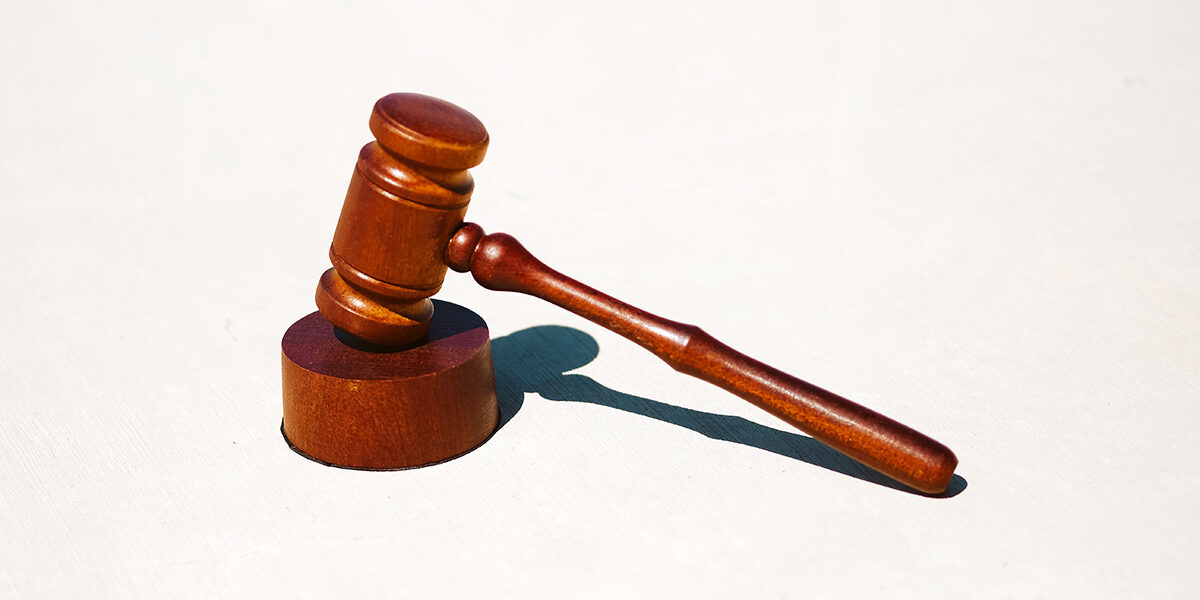A federal judge in Massachusetts has rejected the Trump administration’s attempt to cut Medicaid funding from Planned Parenthood-affiliated health clinics, a move seen by critics as a targeted political attack rather than a policy decision. Judge Indira Talwani ruled that the government’s proposed restrictions—set to expire in 2026—likely violate constitutional rights including equal protection and freedom of association.
The law in question would bar Medicaid funding to reproductive health clinics providing abortions and receiving over $800,000 in government funds, a category that includes most Planned Parenthood affiliates. Talwani found that enforcing the rule would cause far greater harm to clinics and patients than to the federal government, especially as it could lead to hundreds of clinic closures, many in rural and underserved areas.
The ruling came after Planned Parenthood and affiliates in Massachusetts and Utah sued, arguing the provision unfairly penalizes them for their association with abortion providers and advocates. While the Department of Justice claimed the law was simply about not subsidizing abortion with public money, Talwani noted that the government has admitted the rule was intended to punish Planned Parenthood for its advocacy, not just its services.
Though the rule is currently blocked, the legal fight isn’t over. The DOJ is expected to re-appeal, while some clinics have already closed due to uncertainty and earlier restrictions. Meanwhile, a similar case in Maine saw a different outcome, with a Trump-appointed judge denying an injunction even as clinics face financial collapse.
This case raises broader questions about whether federal law can selectively target organizations like Planned Parenthood without violating constitutional protections. While the law doesn’t mention Planned Parenthood by name, a related bill explicitly does, raising concerns about the use of legislation as political punishment.
Legal experts say the battle could eventually reach the conservative-majority Supreme Court, where Planned Parenthood might face an uphill fight. Still, with the provision set to expire in 2026, advocates hope to delay enforcement long enough to avoid long-term harm.

